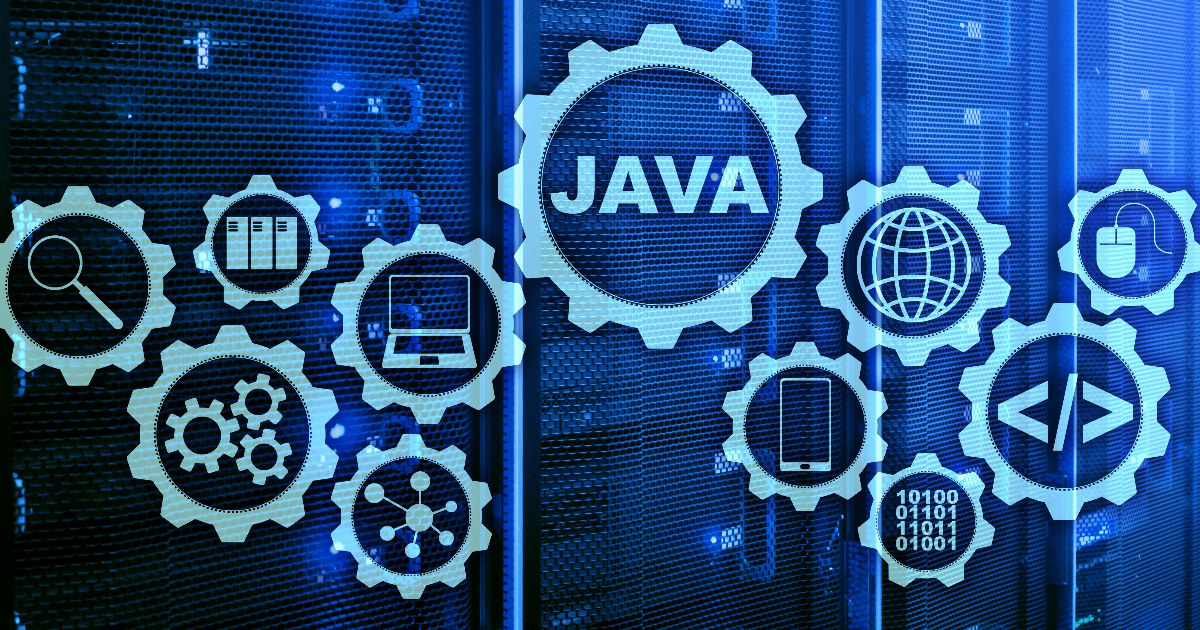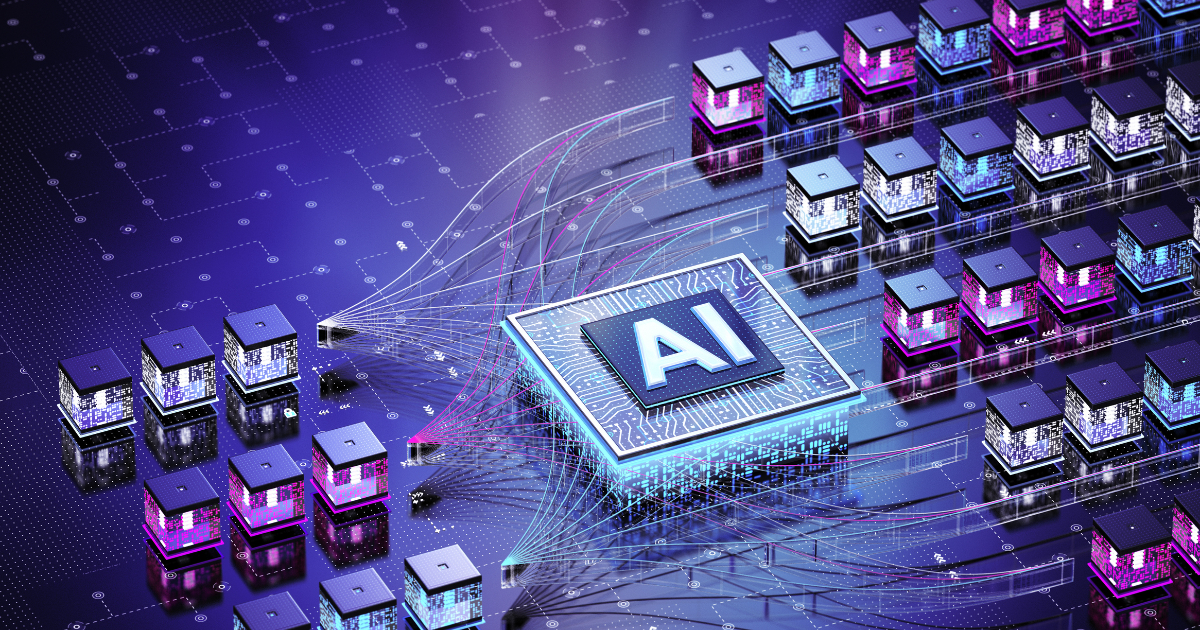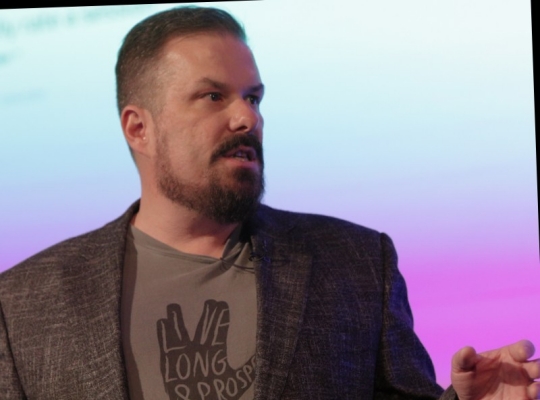Codetown
Codetown ::: a software developer's community
Java EE 6 and GlassFish v3: Paving the path for future
"Java Platform, Enterprise Edition (Java EE) builds on the solid foundation of Java Platform, Standard Edition (Java SE) and is the industry standard for implementing enterprise-class service-oriented architecture (SOA) and next-generation web applications. The SDKs contain Sun GlassFish Enterprise Server, previously named Sun Java System Application Server, and provide support for Java EE 5 specifications."
I wonder how many of you are using JEE and Glassfish. For what applications have you chosen this architecture? This presentation discusses integration of Python, Ruby and Groovy with JEE. Could you share your case studies here in brief and let us know how you're working with these languages together. What's the performance like? Is it easy or difficult?
Tags:
Replies to This Discussion
Notes
Welcome to Codetown!
 Codetown is a social network. It's got blogs, forums, groups, personal pages and more! You might think of Codetown as a funky camper van with lots of compartments for your stuff and a great multimedia system, too! Best of all, Codetown has room for all of your friends.
Codetown is a social network. It's got blogs, forums, groups, personal pages and more! You might think of Codetown as a funky camper van with lots of compartments for your stuff and a great multimedia system, too! Best of all, Codetown has room for all of your friends.
Created by Michael Levin Dec 18, 2008 at 6:56pm. Last updated by Michael Levin May 4, 2018.
Looking for Jobs or Staff?
Check out the Codetown Jobs group.
InfoQ Reading List
Java News Roundup: Spring Framework 7.0, Spring Data, Spring AI, Payara Platform, OpenJDK, JobRunr

This week's Java roundup for November 10th, 2025, features news highlighting: OpenJDK JEPs targeted for JDK 26; the GA release of Spring Framework 7.0; point releases of Spring Data, Spring AI, JobRunr and Jox; the November 2025 edition of Payara Platform; the fifth release candidate of Maven 4.0; and a maintenance release of Micronaut.
By Michael RedlichKubeCon NA 2025 - Erica Hughberg and Alexa Griffith on Tools for the Age of GenAI

Generative AI technologies need to support new workloads, traffic patterns, and infrastructure demands and require a new set of tools for the age of GenAI. Erica Hughberg from Tetrate and Alexa Griffith from Bloomberg spoke last week at KubeCon + CloudNativeCon North America 2025 Conference about what it takes to build GenAI platforms capable of serving model inference at scale.
By Srini PenchikalaPresentation: AI-Driven Software Delivery: Leveraging Lean, ChOP & LLMs to Create More Effective Learning Experiences at QCon

Wes Reisz discusses an experiment to deliver a QCon certification using a Retrieval-Augmented Generation (RAG) architecture and supervised coding agents (Claude Sonnet/Cursor). He breaks down the 4-week serverless video transcription pipeline, RAG variations (hybrid, graph), and the process of structuring prompts for 95% AI-generated code.
By Wesley ReiszCode Arena Launches as a New Benchmark for Real-World AI Coding Performance

LMArena has launched Code Arena, a new evaluation platform that measures AI models' performance in building complete applications instead of just generating code snippets. It emphasizes agentic behavior, allowing models to plan, scaffold, iterate, and refine code within controlled environments that replicate actual development workflows.
By Robert KrzaczyńskiAWS Introduces Remote Build Cache in ECR to Accelerate Docker Image Builds

Amazon Web Services has announced enhancements to its CodeBuild service, allowing teams to use Amazon ECR as a remote Docker layer cache, significantly reducing image build times in CI/CD pipelines. By leveraging ECR repositories to persist and reuse build layers across runs, organisations can skip rebuilding unchanged parts of containers and accelerate delivery.
By Craig Risi
© 2025 Created by Michael Levin.
Powered by
![]()